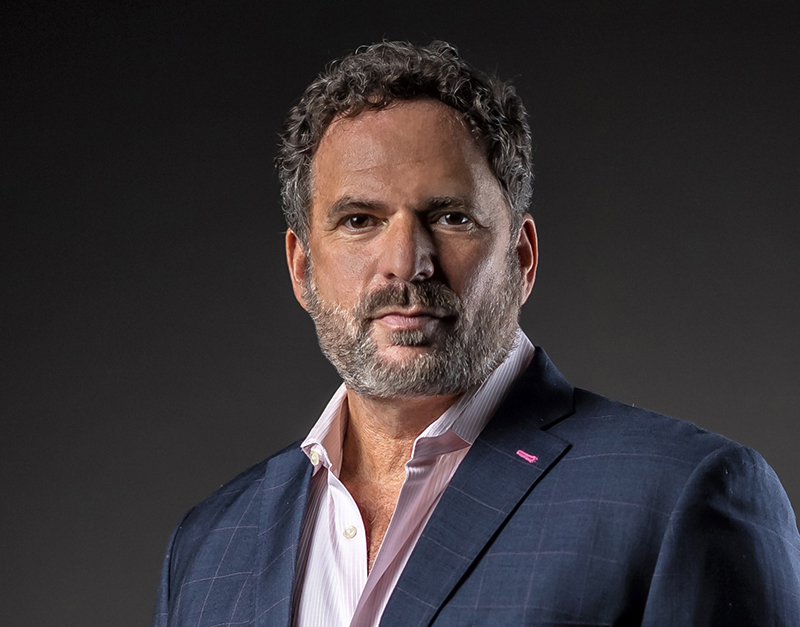The 2019 Florida legislative session is setting up to be busy for bills affecting the commercial real estate sector.
Topping the industry’s priority pile again this year is further reducing the business rent tax on commercial leases.
Florida is the only state that imposes a sales tax on commercial rent and operating expenses, collectively known as CAM (common area maintenance). Because CAM is generally inclusive of a passthrough of all ad valorem taxes, business tenants are also paying sales tax on property taxes paid to local municipalities and counties.
A squeaky but heavyweight coalition of industry groups, including Florida Realtors, NAIOP and the Florida Chamber of Commerce, have successfully nudged back the rent tax rate from the state’s standard 6 percent sales tax to 5.7 percent during the previous two legislative sessions. This year, the group is rolling up its sleeves to back an effort to slash the commercial rent tax to 4.2 percent and institute an internet sales tax to make up the difference.
The state collects approximate $1.8 billion a year in business rent tax. Reducing it by 1.5 percent would cost about $500 million in tax revenue. An internet sales tax, however, could raise $300 million to $450 million a year in tax revenue, estimates show.
Florida is among a growing number of states now considering sales tax requirements on goods bought online in the aftermath of last year’s U.S. Supreme Court ruling striking an old trade law stipulation that a seller had to have a physical presence in a state to be subjected to its sales tax.
Commercial real estate interests have long maintained that the tax disparity created a competitive disadvantage for bricks-and-mortar retailers. But raising taxes can be a tough sell in Tallahassee.
“I think it faces an uphill battle,” says Carolyn Johnson, director of business economic development and innovation at the Florida Chamber. She’s says it won’t be until later in the Legislature’s 60-day session before the tax bills really get hammered out.
Meanwhile, the session, which started March 5, already had at least two bills requiring further rollbacks of the business rent tax.
The business rent tax “really prevents businesses from expanding and investing back into themselves,” Johnson says.
Other CRE-centric legislation to watch this session:
• Permit transparency legislation, which would require local governments to publicly post permit and inspection fee costs and how that revenue is being applied within government functions. Commercial and construction industry experts argue local governments arbitrarily raise those fees and then shift that revenue to nonrelated departments and functions.
• Commercial lease digital execution legislation, which would allow commercial leases to be signed electronically thus streamlining the signing and witnessing process.
• Fast Act, which seeks to shorten the prolonged and often onerous process of getting a building permit by requiring local governments to hit certain issuing deadlines or face fee reductions. The permitting process can sometimes take longer than an actual construction project. ↵
Freelance writer Darcie Lunsford is a former real estate editor of the South Florida Business Journal. She is the senior VP for leasing at Butters Group and is avoiding a conflict of interest in her column by not covering her own deals.












